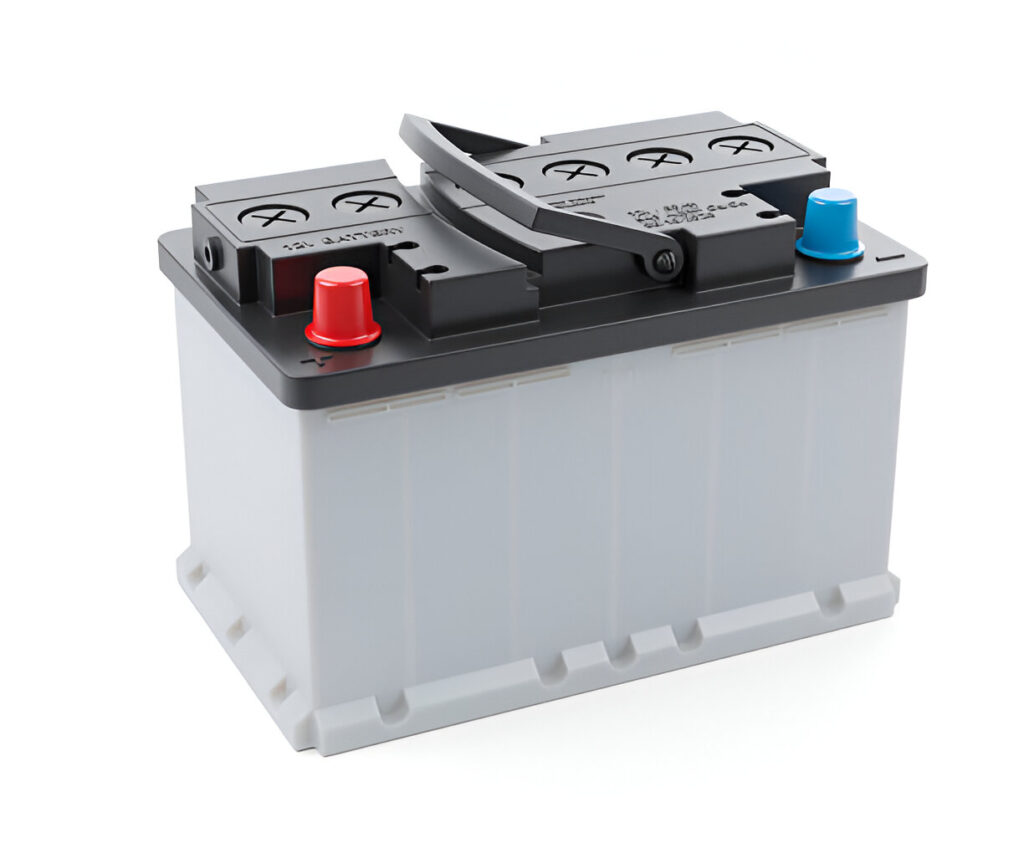As the demand for solar energy continues to rise in Pakistan, homeowners and businesses are becoming more conscious about choosing the right components for their systems. Among the most critical parts of any solar setup is the battery—the component responsible for storing electricity for use when the sun isn’t shining. In this context, many people often ask: “Which battery is better for solar system in Pakistan?”
The two most common options available in the local market are lead-acid batteries and dry batteries. While both have their pros and cons, understanding the key differences between them is crucial to making the right choice.
Why Do You Need a Solar Battery?
Solar panels only generate electricity when sunlight is available. But in real-world scenarios, especially in Pakistan where load shedding and electricity outages are frequent, you need power even after sunset. That’s where batteries come in—they store the excess solar energy produced during the day so you can use it at night or during cloudy weather.
What Are Lead-Acid Batteries?
Lead-acid batteries are the traditional type of rechargeable batteries widely used in Pakistan. They have been around for decades and are known for their affordability and availability. These batteries operate using lead plates submerged in a liquid electrolyte solution.
Pros of Lead-Acid Batteries:
-
Cost-effective and widely available.
-
Capable of handling large power loads.
-
Suitable for short-term backup systems.
Cons of Lead-Acid Batteries:
-
Require frequent maintenance (like water topping).
-
Emit harmful gases during charging, requiring ventilation.
-
Shorter lifespan (typically 2–3 years).
-
Risk of leakage or acid spills.
What Are Dry Batteries?
Dry batteries, also known as sealed maintenance-free (SMF) or VRLA (valve-regulated lead-acid) batteries, are a more advanced type of battery. These batteries are sealed and do not require the same level of care as lead-acid batteries. They are ideal for users looking for a safe and clean energy storage solution.
Pros of Dry Batteries:
-
Completely maintenance-free.
-
No gas emission—safe for indoor installation.
-
Longer lifespan (typically 3–5 years).
-
Compact and easy to install.
Cons of Dry Batteries:
-
More expensive upfront.
-
Sensitive to overcharging (requires proper controller).
-
May not be ideal for very high-load applications.
Dry Batteries vs Lead-Acid: Key Differences in Simple Terms
When comparing dry batteries and lead-acid batteries for solar systems, several key differences matter.
First, dry batteries are maintenance-free. You don’t need to check water levels, clean terminals, or worry about acid spills. In contrast, lead-acid batteries need regular care to perform well and stay safe.
In terms of lifespan, dry batteries tend to last longer—typically 3 to 5 years—while lead-acid batteries may only last 2 to 3 years, depending on usage and maintenance.
Safety is another important factor. Dry batteries are sealed and do not emit harmful gases, making them safer for indoor use. Lead-acid batteries, however, release gases during charging and require proper ventilation, especially in closed rooms or small spaces.
When it comes to size and installation, dry batteries are lighter and more compact. This makes them easier to install and relocate. Lead-acid batteries, on the other hand, are bulkier and require stronger support for placement.
In terms of cost, lead-acid batteries are more affordable at the time of purchase. However, they often incur higher long-term maintenance costs and need replacement sooner. Dry batteries may cost more upfront but are generally more economical over time due to their durability and zero maintenance.
Which One Is Better for You?
Choosing between the two depends on your specific energy needs, budget, and installation preferences.
Choose dry batteries if:
-
You want a long-lasting, low-maintenance solution.
-
Your battery setup will be placed indoors.
-
You’re willing to invest a bit more for better convenience.
-
You value safety and clean operation.
Choose lead-acid batteries if:
-
You are on a tight budget.
-
You don’t mind maintaining your battery regularly.
-
You have a ventilated space for installation.
Are Dry Batteries Suitable for Pakistan’s Climate?
Yes, dry batteries perform well even in the extreme weather conditions of Pakistan. Whether it’s the scorching summer heat or the cold winters in northern areas, their sealed design and heat resistance offer better protection than traditional lead-acid batteries.
Where to Buy Reliable Solar Batteries in Pakistan?
Many solar companies in Pakistan offer both dry and lead-acid batteries, but it’s important to choose a reputable source to ensure quality and warranty support. At Voltica Enterprises, we offer genuine solar batteries with expert installation support and after-sales service. Our team can also guide you based on your energy usage and budget.
Final Thoughts
In conclusion, both battery types have their advantages, but for most home and office solar setups in Pakistan, dry batteries are the better choice due to their convenience, safety, and longer lifespan. Though the initial cost is higher, they offer better value in the long run by reducing maintenance headaches and replacement frequency.
Still unsure which battery suits your needs? Reach out to the experts at Voltica Enterprises, and we’ll help you power your future with the right energy solution.


